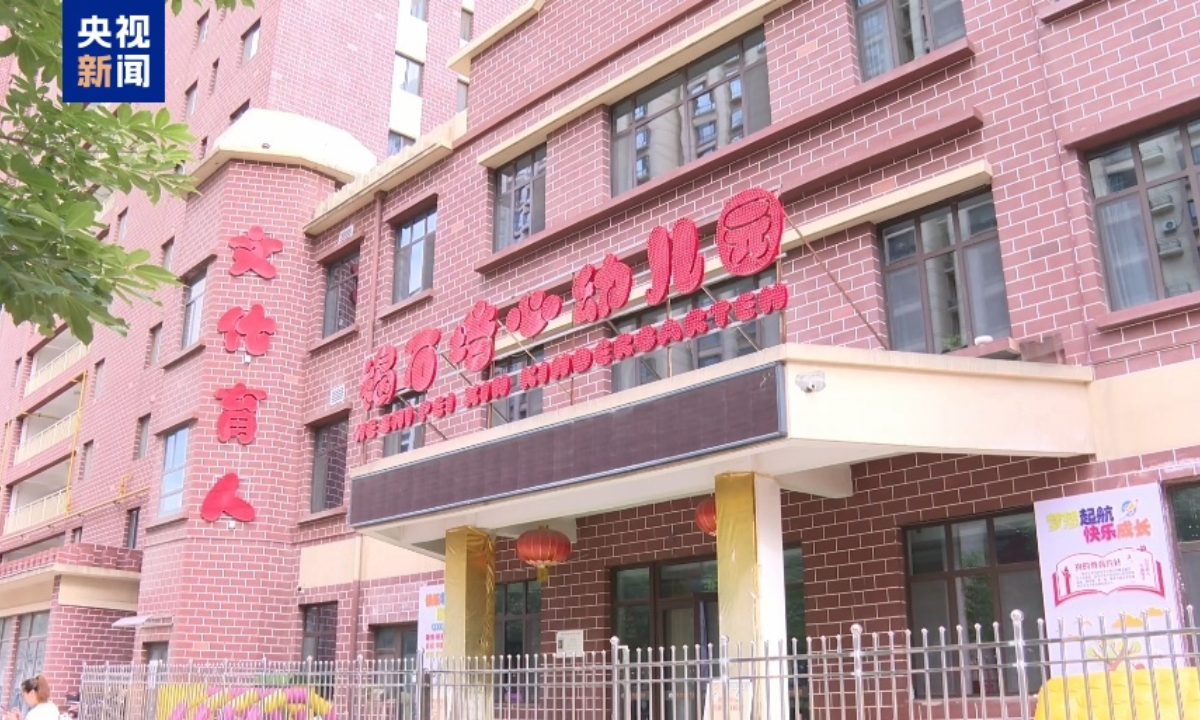
Eight people have been criminally detained on suspicion of producing toxic and harmful food and two others have been released on bail pending trial, according to an investigation report of the abnormal blood lead levels among children at Peixin Kindergarten in Maiji district, Tianshui city, Gansu province.
The report was released on Tuesday morning by the joint investigation team.
In the evening of July 1, the Market Supervision Bureau and the Public Security Bureau of Miji district received reports that some children at the kindergarten had abnormal blood lead levels. Then the two departments immediately launched an investigation.
As of 10 pm on Monday, all 251 children at the kindergarten have finished the physical examination.
ALSO READ: China imposes tougher punishments for food safety violators
According to the blood lead level standards, 233 children were found to have abnormal high levels, while 18 were within the normal range.
The sampling and examination results of the related Weibei Kindergarten, Ciai Kindergarten, and Mondi'ai Kindergarten, which have the same investor with Peixin, were all normal.
Relevant authorities have formed an expert group to fully carry out medical treatment work, the report said.
Among the 223 tested food samples, 221 were qualified, while two samples from Peixin were found to be unqualified, including a breakfast sample of three-color red date sponge cake and a dinner sample of corn sausage rolls, with lead content levels of 1,052 milligrams per kilogram and 1340 mg per kg respectively, exceeding the national food safety standard limit of 0.5 mg per kg for food contaminants.
READ MORE: Chinese vice-premier calls for enhanced regulation of food safety, market order
The investigation shows that the kindergarten principal, surnamed Zhu and the investor, Li, agreed for the kitchen staff to purchase colored pigments through online platforms and use them in the production of food after diluting.


